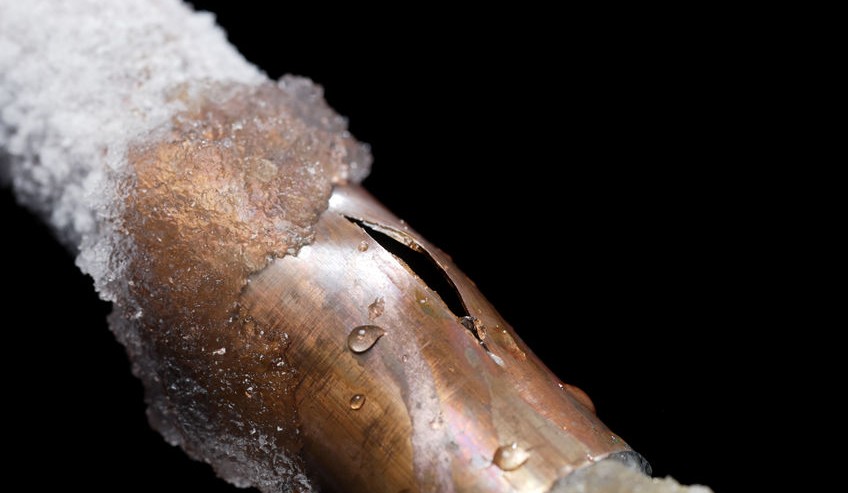How to Prevent Your Pipes from Freezing
One of the worst situations a homeowner can find themselves facing in winter is having their pipes freeze, and when a pipe freezes, it can burst, potentially causing thousands of dollars’ worth of damage to your home’s plumbing. And, unfortunately, winters in Pennsylvania are harsh and long lasting, making it very easy for your pipes to freeze if you don’t pay attention and take the proper precaution. If you’re a Pennsylvania homeowner looking to avoid a winter plumbing disaster, keep reading to learn how to prevent your pipes from freezing.
How to Prevent Freezing
You never want the pipes in your home to freeze; it is both inconvenient and potentially very damaging to your home’s plumbing system. Fortunately, there are a few simple steps you can take to keep your pipes running smoothly throughout the winter months.
The first thing that you should do is to disconnect all gardening hoses from your outside faucets and cover those same faucets with an insulating cloth. This helps to prevent the below freezing temperature air from getting from the outside of the house into your pipes.
You should also keep the temperature inside your house around 68 degrees, which applies even when you’re gone. Many people like to lower the temperature when they’re out of the house, but this can give the cold an opportunity to set into your pipes and set up a freezing situation.
Keeping all windows and vents around the pipes in your home is also important in keeping them safe from the frigid winter air. You should make sure that your home is properly insulated and that your basement is either heated or is sufficiently protected from the elements. Cold air will find any path to your pipes that you’ve left open, so make sure they’re all closed.
How to Monitor Freezing
An important part of prevention is actually monitoring. Even with all the protective steps you’ve taken to shield your pipes, the cold may still find a way to get in, which means you have to stay vigilant throughout the winter. Allowing one of your interior faucets to drip a little warm water makes sure that your pipes stay open and is also a great indicator of when freezing may be setting in; when the flow of water starts lessening, this might mean freezing.
You should frequently check the water pressure coming from your faucets throughout the cold months. A good rule is to check in the morning when you get up and then again when you go to bed at night.
What to Do if Your Pipes Freeze
Should your pipes freeze even after all of your preparations, there are a couple of things you can do to thaw them out. Hair dryers work extremely well on frozen pipes, provided you can get the hot air close enough. You can also heat up some water, soak a towel in the water and wrap the towel around the coldest sections of the pipe.
What to Do if Your Pipes Burst
Unfortunately, despite everything you’ve done to protect your pipes, they still might freeze. And if you are unable to thaw them in time, they’ll burst. When you’re pipes burst, you’ll need a professional fast. ServiceWhale is the company to put you in touch with the right plumbing professionals when you need them. Our request wizard can help for family find the best services in your area to fix your plumbing fast. If you’re in need after your pipes freeze and burst, ServiceWhale is here to help.





Comments
Comments are disabled for this post